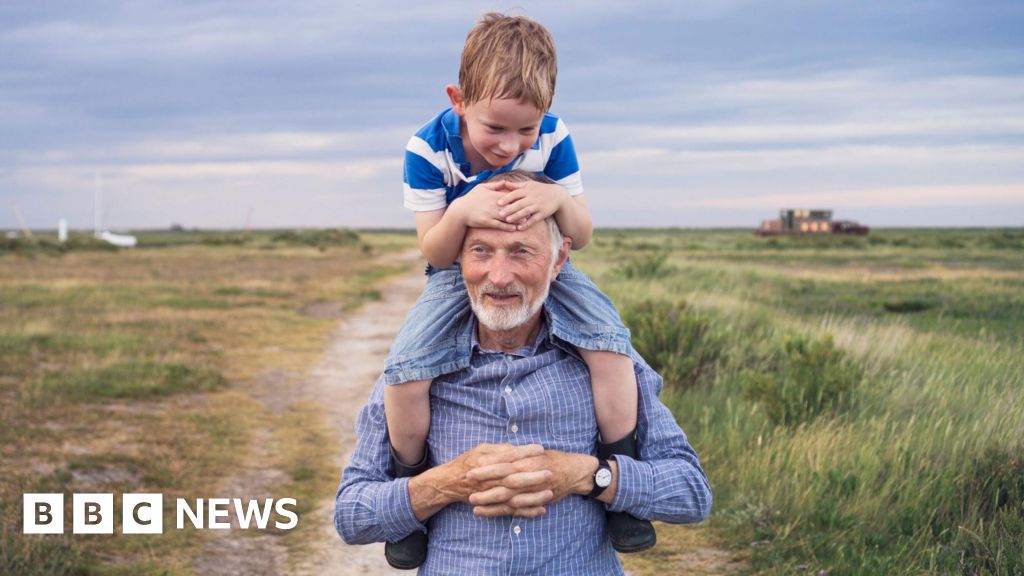

In a surprising turn of events, the United Kingdom has seen its death rate plummet to a record low in the past year. According to an exclusive analysis of death certificate data conducted for the BBC News, this positive trend is unexpected yet welcome. The analysis provides a unique insight into the health of the nation, offering some hope amid a year that has been dominated by the ongoing global pandemic. The reasons behind this decline remain to be deciphered, bringing a fresh perspective to health and mortality trends in the UK.
Understanding the DataAnalysis of the data reveals that the UK death rate dropped to its lowest point on record in 2020. The death rate, a statistical measure that reflects the number of deaths per 1,000 people in a given year, showed a significant decrease compared to previous years. This is a critical finding, shedding light on the general health and wellness of the population and providing crucial insights into the effectiveness of health policies and interventions.
Death certificate data forms the basis of this analysis. These legal documents, issued upon a person's death, provide a wealth of information. They record the cause of death, the individual's age, and other pertinent details. The data derived from these certificates provides a comprehensive and accurate picture of mortality rates and trends in the UK. This kind of analysis is invaluable to policymakers, public health officials, and researchers.
It's important to note that the data is not without its limitations. Death certificate data is subject to potential errors and inconsistencies, such as misclassification of cause of death or incomplete information. However, these issues are relatively rare and are typically addressed through rigorous data cleaning processes. Despite these potential limitations, death certificate data remains the most reliable and comprehensive source of information on mortality rates.
The dip in the death rate is a complex phenomenon, influenced by various factors. These include improvements in healthcare, public health interventions, and socioeconomic conditions, among others. The following sections will delve deeper into these influencing factors and explore their implications.
Regional Variations in Mortality RatesWhile the overall death rate in the UK has decreased, it's important to note that there are regional variations. Some areas have seen greater reductions in mortality rates than others. There are several factors that could account for these disparities, including socio-economic status, access to healthcare, lifestyle habits, and environmental conditions.
For example, areas with higher levels of poverty tend to have higher mortality rates. This could be due to a lack of access to quality healthcare, poor nutrition, higher rates of smoking and alcohol consumption, and greater exposure to environmental pollutants. Conversely, areas with higher levels of wealth and education tend to have lower mortality rates.
Furthermore, urban areas tend to have lower mortality rates compared to rural areas. This could be due to greater access to healthcare facilities, more opportunities for physical activity, and a wider range of healthy food options. However, urban areas also have higher levels of pollution, which could negatively impact health.
Ultimately, while the overall decrease in the UK's death rate is a positive trend, it's important to consider these regional disparities. Addressing these disparities is crucial in ensuring that all UK residents have the opportunity to live long, healthy lives.
The Impact of Health PoliciesThere is a consensus among health experts that the decline in the death rate is not coincidental, but rather the result of deliberate and strategic health policies implemented over the past decade. These policies have prioritized preventative healthcare and early detection of diseases, leading to improved health outcomes.
According to Dr. Helen Stokes-Lampard, Chair of the Royal College of General Practitioners, "The reduction in the death rate is a testament to the effectiveness of our health policies in recent years. We have been focused on preventive measures, early detection, and timely treatment. This approach has significantly reduced the incidence of serious diseases and improved patient survival rates."
Dr. Stokes-Lampard also emphasized the role of technological advancements in healthcare. "The use of digital technology in healthcare has revolutionized the way we detect and treat diseases. It has made healthcare services more accessible, particularly for those living in remote areas," she added.
However, despite the positive trend, health experts warn against complacency. "We must not rest on our laurels. Continuous innovation and investment in healthcare are key to maintaining these positive trends," cautioned Dr. Stokes-Lampard.
Final ThoughtsWhile the data analysed for BBC News indicates a record low in the UK death rate last year, it is important to note that these figures are subject to change as more data becomes available. The full impact of various factors, such as public health initiatives, advancements in medical treatments, and changing lifestyle trends, will only be fully understood with the passage of time.
Nevertheless, the current figures offer a glimmer of hope, showing the possibility of improved life expectancy and better health outcomes for the population. As we move forward, it will be crucial to continue monitoring these trends and making informed decisions based on the data at hand.
Politics & Global Affairs
With over a decade of experience covering government, policies, and international relations, Alex dives deep into political dynamics and geopolitical shifts. His work is dedicated to cutting through partisan noise and delivering objective, fact-driven political insights.